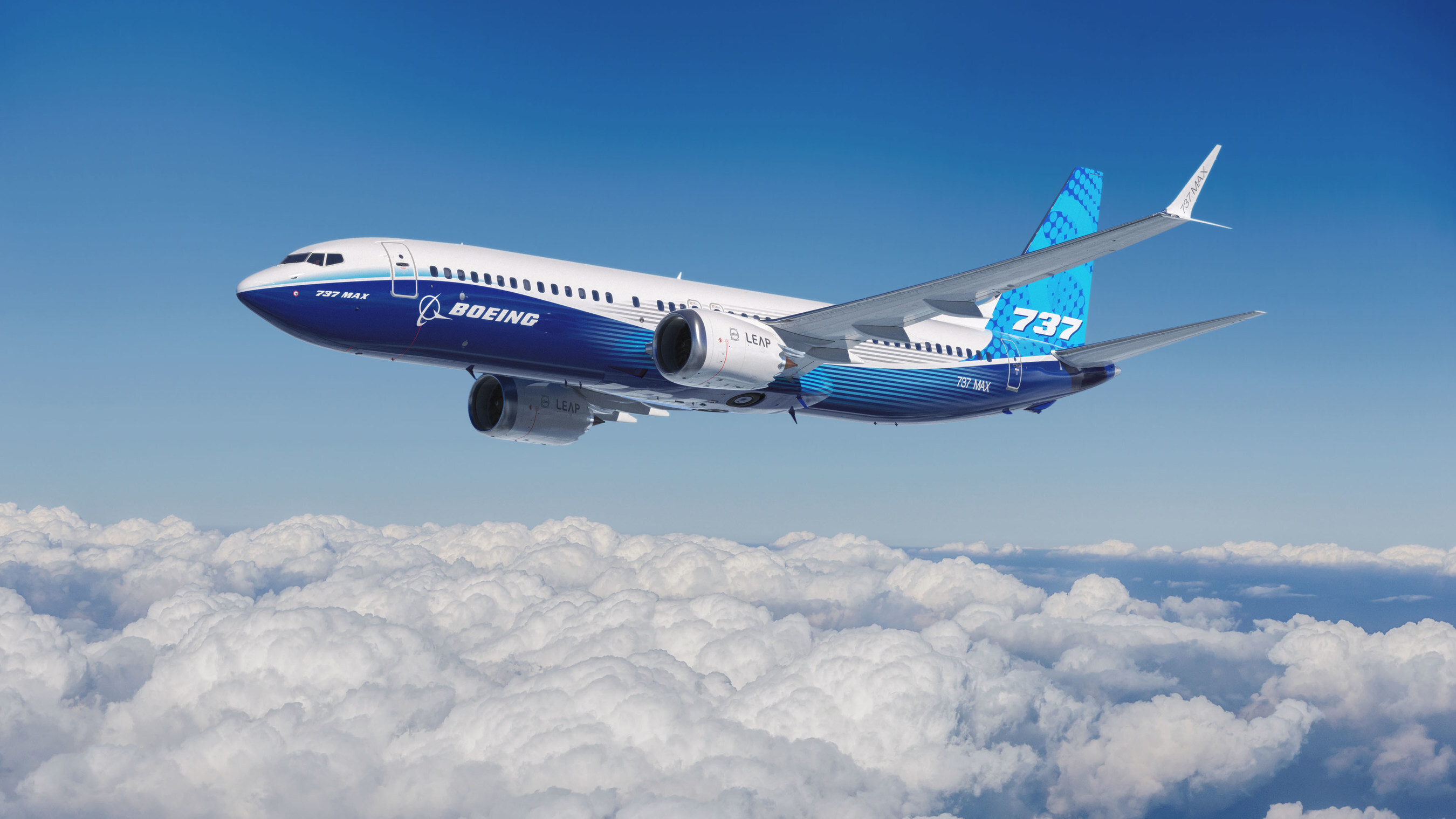Boeing's net losses widened in the second quarter of the year to $1.4bn, a significant difference from its net loss of $149 million in last year's second quarter. It reported on July 31, 2024, a loss per share of $2.33, widening from last year's 25 cent loss per share in the second quarter.
The company's revenues were down 15% in the quarter to $16.9bn from $19.8bn last year. Boeing's first half revenues were also down 11% compared to the same period last year to $33.4bn. Second quarter operating cash flow swung to a negative $3.9bn from a positive $2.9bn a year prior.
The results reflect a ""disappointing"" defence, space and security performance, as well as its lower commercial delivery volume as it grapples with the safety and quality control concerns that followed the Flight 1282 incident on January 5, 2024. The well-documented event involved an Alaska Air 737 MAX 9 aircraft's door plug blowing out shortly after takeoff. The subsequent investigation from the US Federal Aviation Administration (FAA) resulted in a monthly production output cap of 38 on its 737 programme. The company has yet to reach this cap, however, but the company has said previously it aimed to reach 38 by the second half of this year.
In its earnings call, Boeing executive vice president and chief financial officer Brian West said: ""We gradually increased during the quarter and still expect to be higher in the second half as we move to 38 per month by year end.""
""Despite a challenging, we are making substantial progress strengthening our quality management system and positioning our company for the future,"" said Boeing's current and outgoing president and CEO Dave Calhoun. Its newest leader was announced in conjunction with its second quarter results.
The company had recently reacquired Spirit AeroSystems - its former subsidiary and current main fuselage supplier that it had spun off nearly two decades ago. The acquisition is an all-paper deal with an equity value of around $4.7bn and a total estimated value of $8.3bn. Airbus had carried out separate discussions with Spirit. Boeing's European rival is set to assume operations carried out by Spirit for its A350 fuselage programmes, as well as Spirit's programmes for the A220 including mid-fuselage, pylons, and wings.
Boeing's agreement with Spirit is expected to close in the middle of next year. Bringing Spirit back into the fold is expected to optimise resources to meet long-term demand and support the supply chain stability.
Calhoun continued: ""While we have more work ahead, the steps we're taking will help stabilize our operations and ensure Boeing is the company the world needs it to be. We are making important progress in our recovery and will continue to build trust through action and transparency.""
In an earnings call, he said the reacquisition ""would course correct the decision made decades ago"" and is ""a very significant demonstration"" of its aims to ""reshape the company"".
He said: ""[Spirit] are performing well. We expect them to continue to perform well and we've got confidence that we're going to get clean fuselages that coincide with our delivery schedule.""
In its commercial airplanes segment, it recorded 92 deliveries for the second quarter, down from 136 a year prior. In total it delivered 175 for the first half of the year, down from 266 deliveries.
West commented: ""Last week's Farnborough Airshow continued to highlight robust demand for our product lineup as we announced orders and commitments for over 150 airplanes, including nearly 100 widebodies.""
Revenues from for the commercial aircraft business were down 32% in the second quarter from $8.8bn to $6bn. Loss from operations widened from $383 million in the second quarter of 2023 to $715 million in this year's second quarter.
Revenues for the first half of the year were $10.7bn down from $15.5bn in the first half of last year. Its loss from operations for the same period widened from $998 million last year to $1.9bn.
By the quarter's end, its consolidated debt was at $57.9bn. Its cash and marketable securities at the end of the quarter was at $12.6bn. In addition, its backlog totalled over 5,400 commercial aircraft - valued at around $437bn.
In regards to the near-term, West said: ""While commercial production and deliveries are improving. Additional losses in Boeing Defence, Space & Security and working capital timing continue to weigh on near-term cash flow.
""Inventory will remain a near-term headwind as we prioritise supply chain stability to support future rate increases and advanced payments will take time to improve as we stabilise production and improve predictability of deliveries to our customers. Given these near-term working capital pressures, third quarter is expected to be another use of cash.""
Calhoun said there are customers applying previous pre-payments to their current profile and some are ""withholding"" the pre-delivery payments until the delivery structure grows more stable. The OEM had a ""pullback of about a billion dollars on the advanced balance,"" management said. Calhoun added: ""Those two things are happening in that balance and we expect that in the second half to continue. When we start to deliver with predictability, all that will begin to unwind.""
Boeing said it is going to have ""strong deliveries"" in the fourth quarter and that its going to have ""real world capital improvements"". Currently, the company has not published a third quarter guidance as it continues to contend with the aforementioned quality and safety control measures.
Earlier this month, Boeing began its certification flight testing for the long-awaited 777-9 with type inspection authority (TIA) from the FAA. The agency said this process can ""take many months"". West maintained it still expects first delivery in 2025.
Boeing net losses widen to $1.4bn

